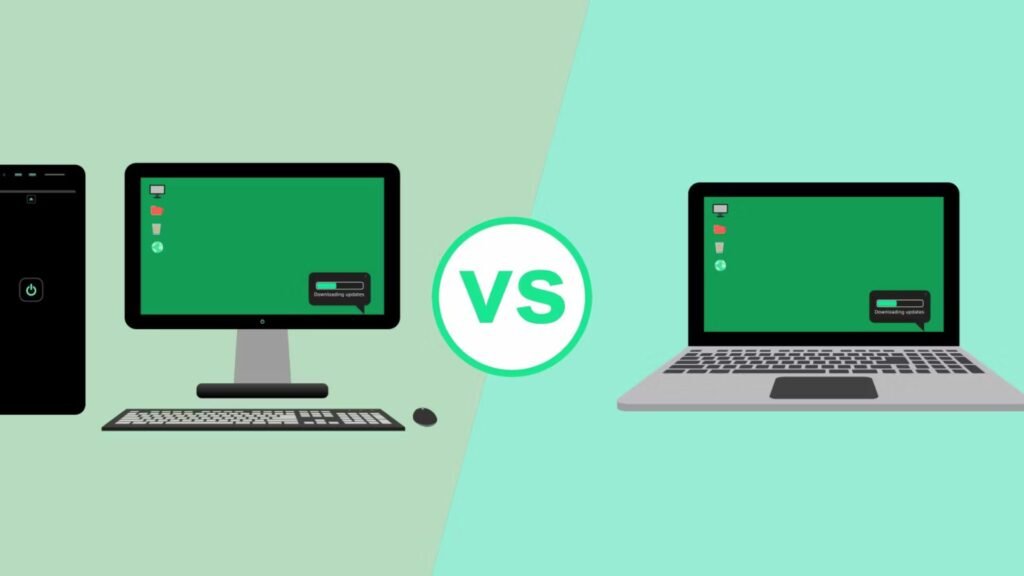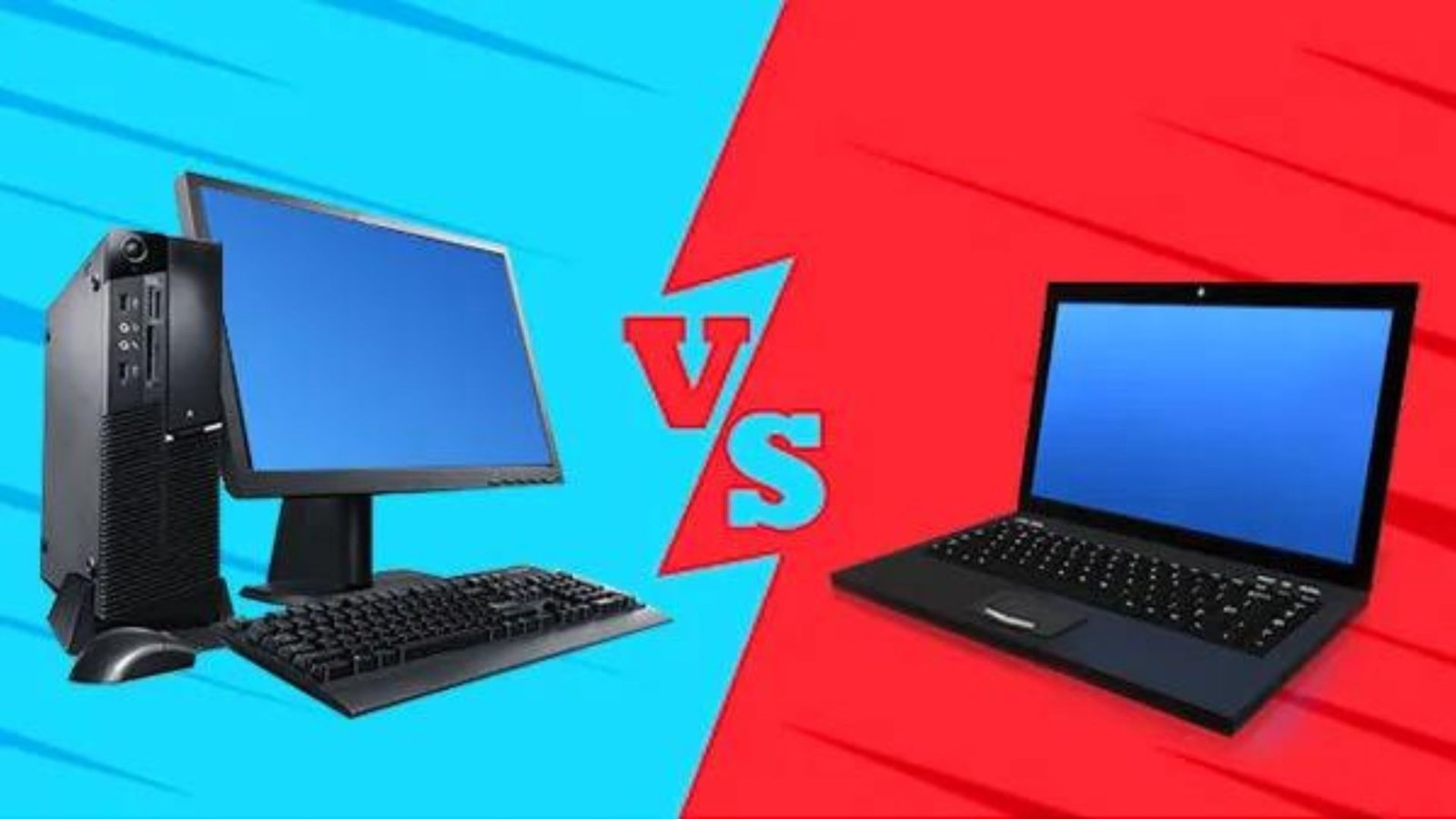When comparing personal computers vs. laptops, portability is the first thing that comes to mind. Laptops are built to be carried around, making them ideal for students, business professionals, or anyone who needs to work on the go. They are compact, lightweight, and come with a built-in battery, so you can use them anywhere.
On the other hand, personal computers (desktops) are stationary. They are designed to stay in one place, typically at a desk. If portability is a priority for you, a laptop is the clear winner.

Performance: Personal Computers Shine
In the debate of personal computer vs. laptop, performance is a major factor. Personal computers generally have more powerful components than laptops. They can accommodate larger processors, better cooling systems, and higher-end graphics cards. This makes them ideal for tasks that require a lot of power, such as gaming, video editing, or running complex software.
Laptops have improved in performance over the years, but they are still limited by their size and battery. For everyday tasks like browsing or document editing, laptops perform well. However, for demanding tasks, personal computers are the better option.
Upgradeability: Personal Computer Advantage
Another big difference between personal computers vs. laptops is upgradeability. Personal computers are easier to upgrade because of their larger cases and modular design. You can easily add more RAM, upgrade the graphics card, or replace the storage drive to improve performance over time.
Laptops, however, are more difficult to upgrade. Most of their components are soldered onto the motherboard, meaning you can’t upgrade much beyond the storage or RAM. If you want a system that you can upgrade as technology evolves, a personal computer is the better choice.
Price: Laptops Offer More Budget Options
When it comes to price, personal computers vs. laptops vary widely. Laptops tend to have more budget-friendly options. You can find basic laptops that are affordable and still perform well for light tasks like word processing, web browsing, and streaming videos.
Personal computers, especially ones built for gaming or professional work, tend to be more expensive. However, they offer more performance for the price compared to high-end laptops.
Screen Size and Ergonomics: Personal Computer Wins
In the battle of personal computers vs. laptops, screen size and ergonomics are important to consider. Personal computers usually come with larger monitors, which are great for multitasking or enjoying detailed graphics. You can also customize your desk setup with an ergonomic chair, keyboard, and mouse.
Laptops, on the other hand, have smaller screens, which can be a drawback if you work for long hours. They can also cause discomfort because of their compact design, leading to poor posture if you don’t use them on a desk.
Battery Life: Laptop Wins
A laptop’s built-in battery is a major advantage in the personal computer vs. laptop comparison. Laptops are designed to run on battery power for several hours, making them great for travel or working remotely. Most modern laptops can last anywhere from 6 to 12 hours on a single charge.
Personal computers, however, need to be plugged in all the time. If you need a computer that can work without being constantly plugged into an outlet, a laptop is the better option.
Conclusion
When comparing personal computers vs. laptops, the choice depends on your needs. If you need portability, battery life, and a budget-friendly option, a laptop is the way to go. However, if you want better performance, upgradeability, and ergonomic advantages, a personal computer is the better choice. Consider what features matter most to you before making your decision.











